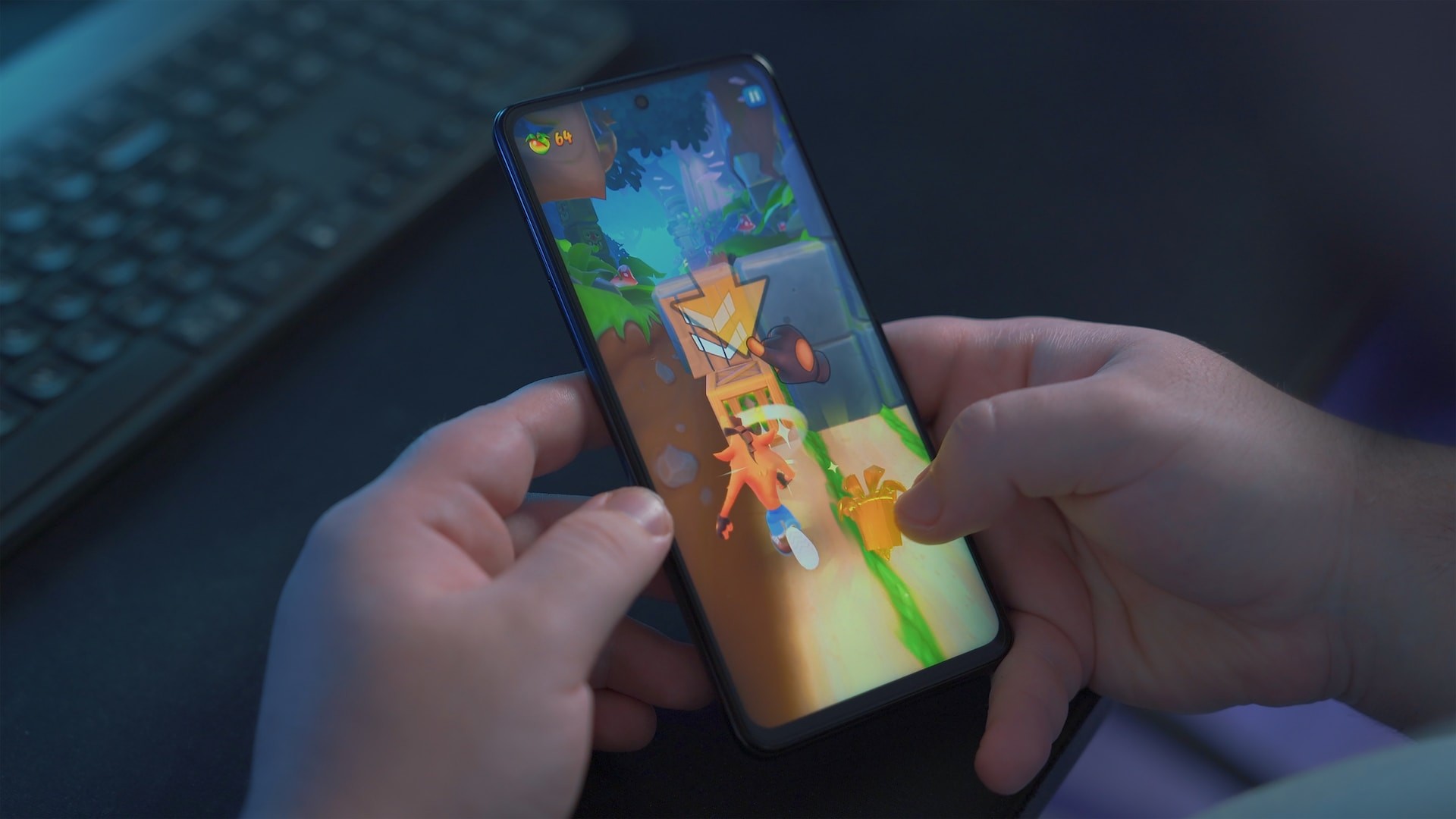Mobile Games and Youths: An Interactive Paradox
- Aug 25, 2023
- 339

In this digital age, mobile gaming has become an integral part of young people's lives worldwide. It offers a platform for entertainment, creativity, and socialization. However, like a double-edged sword, mobile gaming can have both positive and negative effects on youth. This article explores these impacts, revealing the paradoxical influence of mobile games on youth.
Positive Side of the Coin: The Benefits of Mobile Gaming

On one hand, mobile games offer several benefits to young people. For starters, they have become an important source of relaxation and entertainment. After a stressful day at school, youths can unwind by playing their favorite mobile games. Additionally, these games often require strategic thinking and problem-solving skills, which can help improve cognitive abilities. For instance, games like 'Minecraft' and 'Clash Royale' encourage players to devise strategies and make quick decisions. These cognitive skills can be beneficial in real-life situations requiring critical thinking and swift decision-making.
Mobile games can also serve as educational tools. Many games, such as 'Prodigy' and 'Duolingo', have been designed to teach concepts in a fun and interactive way. These games can assist in improving vocabulary, learning new languages, or understanding complex mathematical concepts. Furthermore, multiplayer mobile games foster social interaction. Through these games, youths can communicate and collaborate with friends or even make new acquaintances from across the globe.
The Flip Side: Negative Impacts of Mobile Gaming

Despite the many positives, mobile gaming also has its drawbacks. Excessive gaming can lead to addiction, resulting in deteriorated physical health and academic performance. Young people may become so engrossed in their virtual worlds that they neglect their studies, physical activities, and social interactions. This can lead to a sedentary lifestyle, causing obesity and other health issues. Additionally, gaming addiction can lead to sleep deprivation, which can further affect a youth's overall health and well-being.
Moreover, some mobile games may expose young players to inappropriate content or online predators. Without proper parental control and guidance, young gamers may become victims of cyberbullying or online harassment. Furthermore, the competitive nature of some games can lead to stress and anxiety, particularly if young players tie their self-esteem to their gaming achievements.
Navigating the Paradox: Striking a Balance

The key to navigating this paradox lies in striking a balance. Parents, educators, and young gamers themselves must understand the potential benefits and risks associated with mobile gaming. It's crucial to establish healthy gaming habits such as setting time limits, taking regular breaks, and balancing gaming with other physical and creative activities. Parents should also utilize parental control features to protect young gamers from inappropriate content and online threats.
Additionally, the gaming industry can play a significant role in resolving this paradox. Game developers can focus on creating more educational games and incorporating more cognitive skill-building elements into their games. They can also work on introducing more stringent age restrictions and safety features to protect young gamers.
Conclusion: A Double-Edged Sword to be Handled with Care
In conclusion, mobile gaming is indeed a double-edged sword for youth. It can either enrich their lives and cognitive abilities or lead to addiction and social isolation, depending on how it's used. Therefore, it's crucial for all stakeholders to work together to ensure that mobile gaming serves as a tool for positive development rather than a source of harm. By implementing healthy gaming habits, utilizing safety features, and promoting educational gaming, we can ensure that the benefits of mobile gaming outweigh the negatives for our youth.